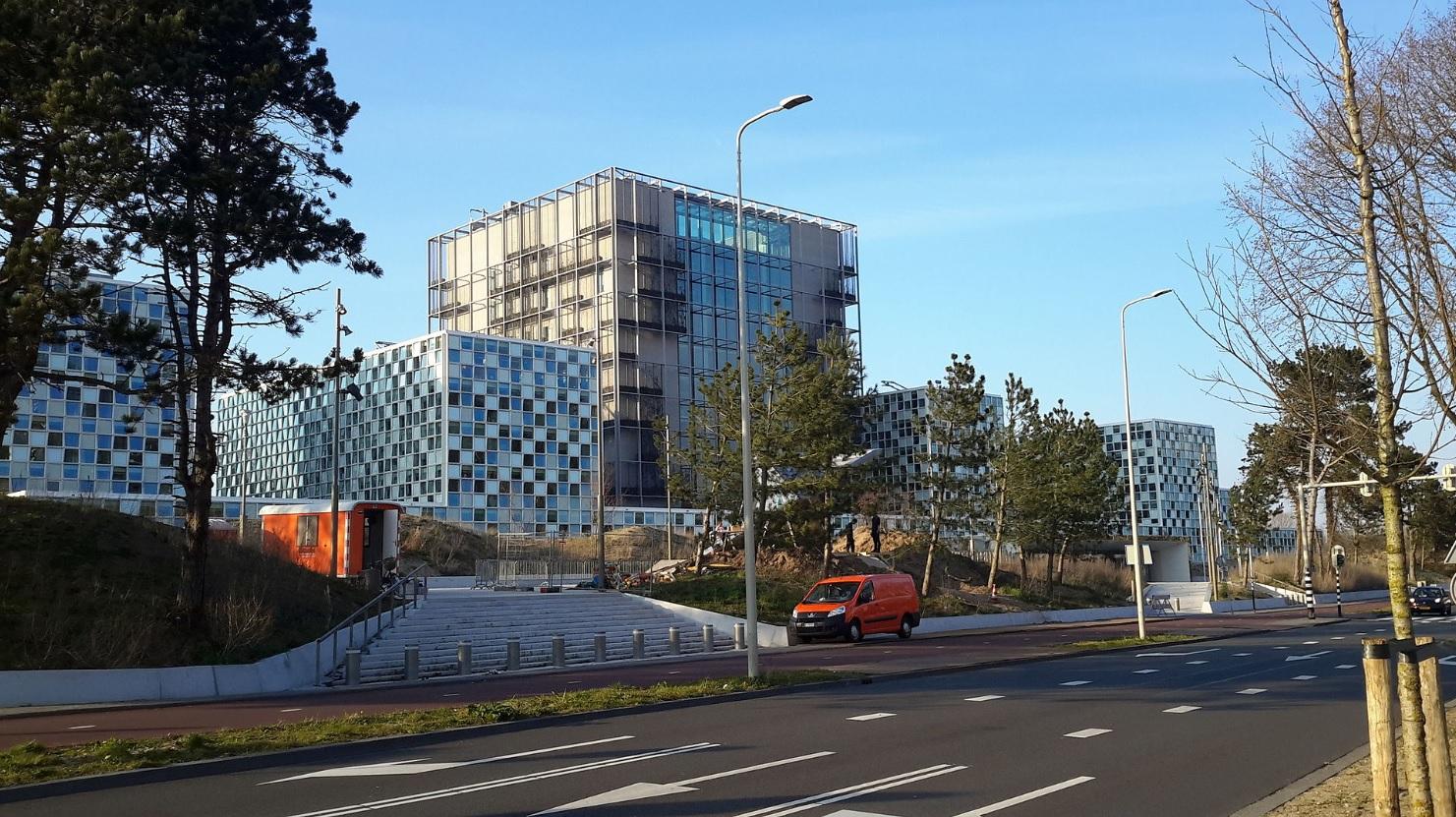ICC chamber orders collection of victims' views in Philippines appeal

The International Criminal Court (ICC) Appeals Chamber has allowed the victims of the war on drugs in the Philippines to present their views and concerns as regards the government's appeal of the resumption of its investigation into the killings.
In a 22-page decision dated March 21, the chamber ordered the ICC Victims Participation and Reparations Section to collect and transmit representations from any interested victims and victim groups and prepare and submit a report by May 22.
It added that the Office of Public Counsel for Victims may submit written observations, not exceeding 40 pages, on the Philippines’ appeal brief in relation to the general interests of victims by April 23.
As regards the Philippine government's request to be notified of all documents in the proceedings, "the Appeals Chamber directs the Registry to notify the Republic of the Philippines regarding all public and confidential filings in the present appellate proceedings, with the exception of any filings that are classified as confidential ex parte, excluding the Republic of the Philippines."
The ICC Appeals Chamber posted its decision after considering the request from the victims, the Office of Public Counsel on Victims (OPCV) and the appeals brief submitted by the Philippine government on March 21, 2023 and was signed by Presiding Judge Marc Perrin de Brichambaut.
Victims’ request
The request of the victims of the war on drugs was submitted on behalf of 90 applicants to “present views and concerns in the appeals proceedings” in response to the appeals brief submitted by the Philippine government.
“The Applicants submit that they fall within the temporal, territorial and material scope of the Philippines Situation as they suffered harm as a result of the extra-judicial killings of their family members by police and non-state actors.”
The victims also pointed out that the proceedings, whether an investigation will push through or not, has an immediate and direct effect on their personal interests, as “they have not been able to obtain justice and remedies for the crimes committed against their family members.”
They also said that the investigation will also help shed light on the alleged crimes and identify perpetrators, adding that “investigations are the premise for any future prosecution and possible reparation[s].”
The Philippine government, in its appeals brief, took note that the victims’ request was redacted so it was unable to identify legal representatives if they have authority to fulfill their position.
The chamber said it was appropriate for the victims to be involved in the appeal proceedings based on the Statute.
The Victims Participation and Reparations Section (VPRS) has been instructed to collect and transmit these representations by May 22.
The Office of Public Counsel for Victims (OPCV), meanwhile, was granted its request to appear before the chamber to represent the general interest of the victims in relation to the appeals proceedings.
“The OPCV submits that allowing it to appear before the Appeals Chamber will ensure that the rights and interests of victims are protected and duly taken into account.”
The Philippine government had argued that there was “no compelling reason nor procedural basis to grant [the] OPCV leave to participate,” adding that it was not present in previous proceedings and that it had not been in contact with the victims.
The chamber, however, said the legal basis for the participation of the OPCV and that the victims were able to present their views to the prosecutor.
Philippines government’s request
The Philippine government said that without access to the information submitted by the witnesses it would be unable to exercise its own right under the Statute.
In response, the chamber said it was not persuaded that all filings concerning victims should be notified to the Philippines citing provisions in the Statute “to protect the safety, physical and psychological well-being, dignity and privacy of victims and witnesses.”
There is no need, the Chamber added, for the government to ““scrutiniz[e] the submissions” of victims in the manner indicated in the request at this stage of the proceedings.”
It admitted, however, that the Philippine government was not notified of one of the public filings in relation to the appeals proceedings.
“Consequently, the Appeals Chamber directs the Registry to notify the Philippines of all public and confidential filings in the present appellate proceedings, with the exception of any filings that are classified as confidential, ex parte, excluding the Philippines,” the Chamber said. —BAP, GMA Integrated News




